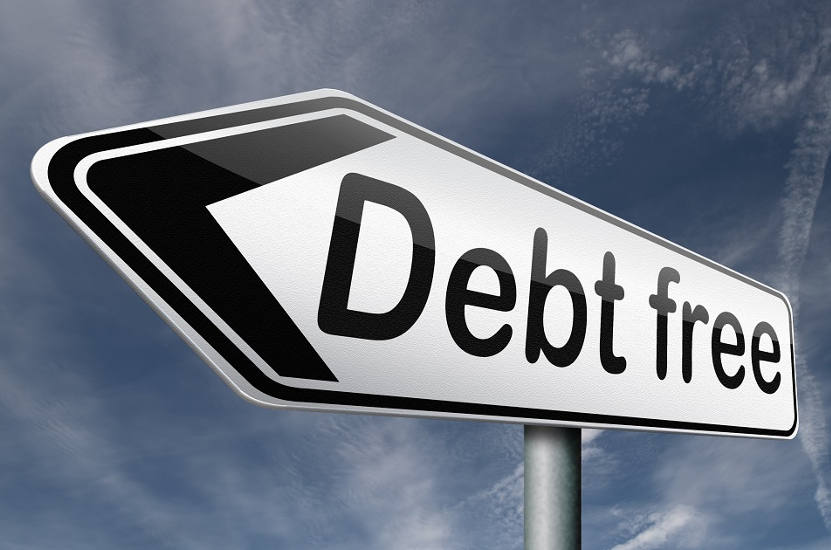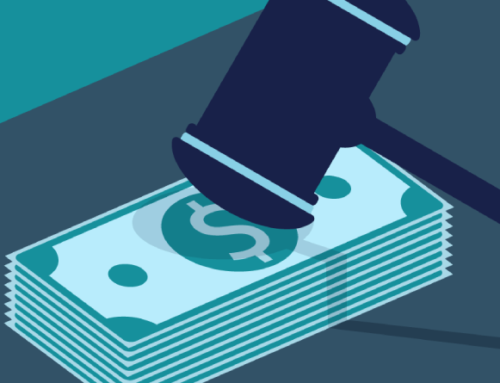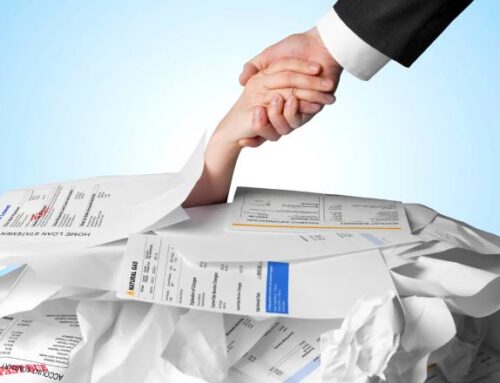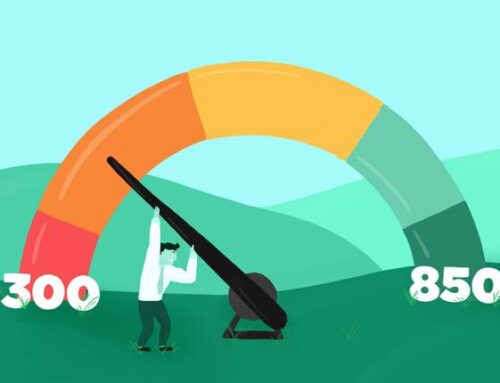Why file a bankruptcy petition for debt relief?
If you are experiencing difficulty in paying your debts, and there does not seem to be any future prospect of being able to pay those debts, the United States Government recognizes that these hardships may be extraordinarily difficult or impossible to overcome.
The United States Constitution provides for mandatory uniform bankruptcy laws in Article 1 Section 8, Clause 4. What this means is that Bankruptcy laws are uniform (with some exceptions) throughout the United States. An order from a Bankruptcy Court in California binds all creditors whether or not those creditors are located in California.
There are two types of Bankruptcy chapters available to the ordinary consumer. They are Chapter 7 and Chapter 13 of Title 11 of the United States Code.
Which Chapter Should I file?
Generally, the chapter that you choose is closely related to the value of property that you own. If you have property, in whatever form, and that property can be sold by the United States Trustee to pay creditors, then you probably going to want to file a Chapter 13 so you can keep what you own.
A Chapter 7 is appropriate when the value of your property does not exceed your State Exemption amount. The Bankruptcy Code allows states (if they so choose) to enact their own exemptions. An exemption is the value of property protected by state law that is EXEMPT from creditor levy or execution. What that means is that if the value of your property does NOT EXCEED the exemption amount, this property cannot be liquidated (sold) to pay creditors.
Chapter 7 is often referred to as a LIQUIDATION CHAPTER. The practical effect of liquidation is that the U.S. Trustee will liquidate (sell) all non-exempt property to pay the creditors of the person who files for Chapter 7 Bankruptcy.
The good news is that exemption amounts in California are quite high. In fact, most people who file Chapter 7 bankruptcies have no Non-Exempt assets. These type of cases are referred to as “No-Asset Cases”. So, even if you, for example, have $50,000 dollars worth of equity in your house, the U.S. Trustee cannot sell your house in order to repay your creditors with the equity your home has accumulated.
The Chapter 7 No-Asset case has the benefit of being able to keep all your exempt property and have all your unsecured debt discharged (cancelled).
Aragon Law strongly promotes Chapter 7 over Chapter 13 for our consumer bankruptcy clients.
We strongly promote Chapter 7 over Chapter 13 for consumer Bankruptcy if it is at all possible. At the end of your Chapter 7 case, you will hopefully owe nothing to creditors and your property is exempt from liquidation by the U.S. Trustee. It is a true fresh start.
You however should be cautioned that some bankruptcy ‘preparers’ and ‘lawyers’ will file a Chapter 7 for you when you have non-exempt property. This may result in the trustee selling that property. This mostly happens when a debtor’s home is undervalued in the Bankruptcy Petition.
We at Aragon Law will never put you in danger of losing your property by undervaluing it. If you don’t qualify for a no-asset case, we will tell you up front at no charge.
A Chapter 13 is available for people who have property that would otherwise be subject to liquidation by the Trustee in a Chapter 7. For example, if you have a house that has $200,000 worth of equity, but you still need relief from creditors, you would not be able to file a Chapter 7 Bankruptcy because the U.S. Trustee will sell your house to pay for those creditors.






